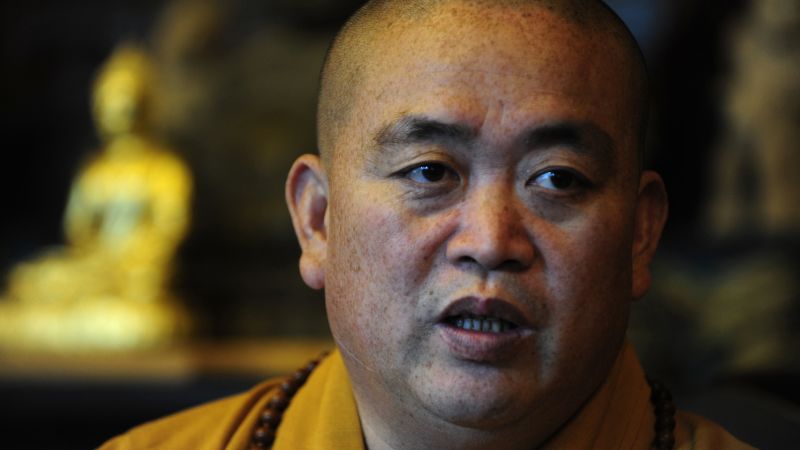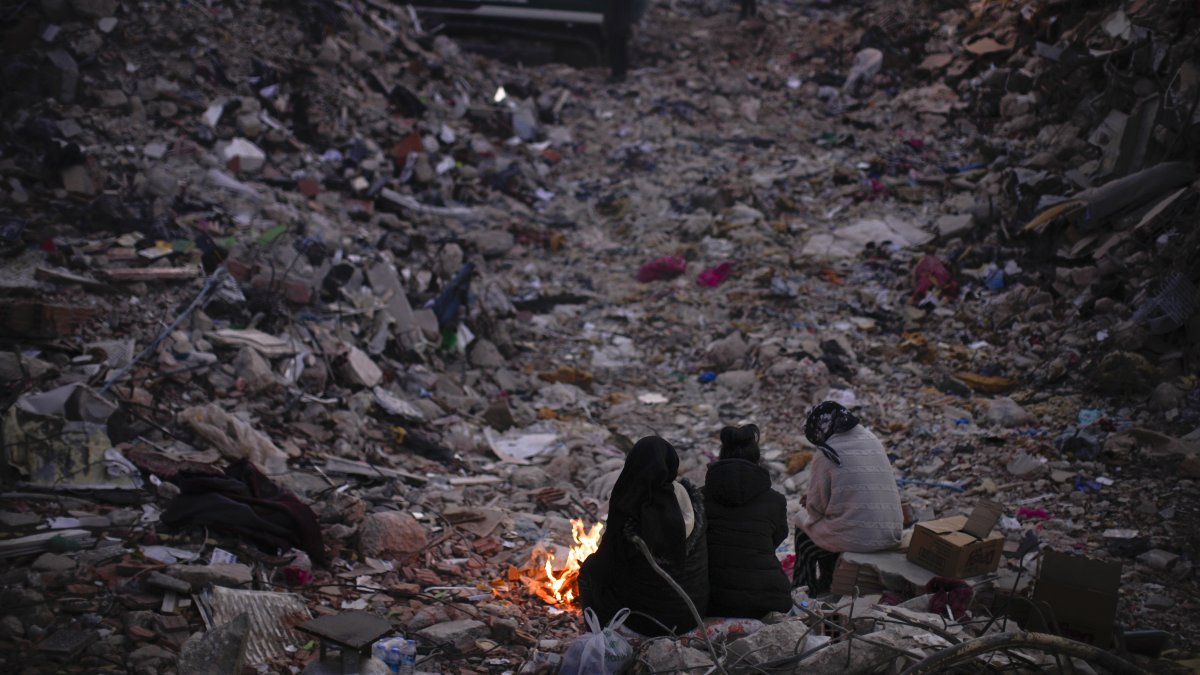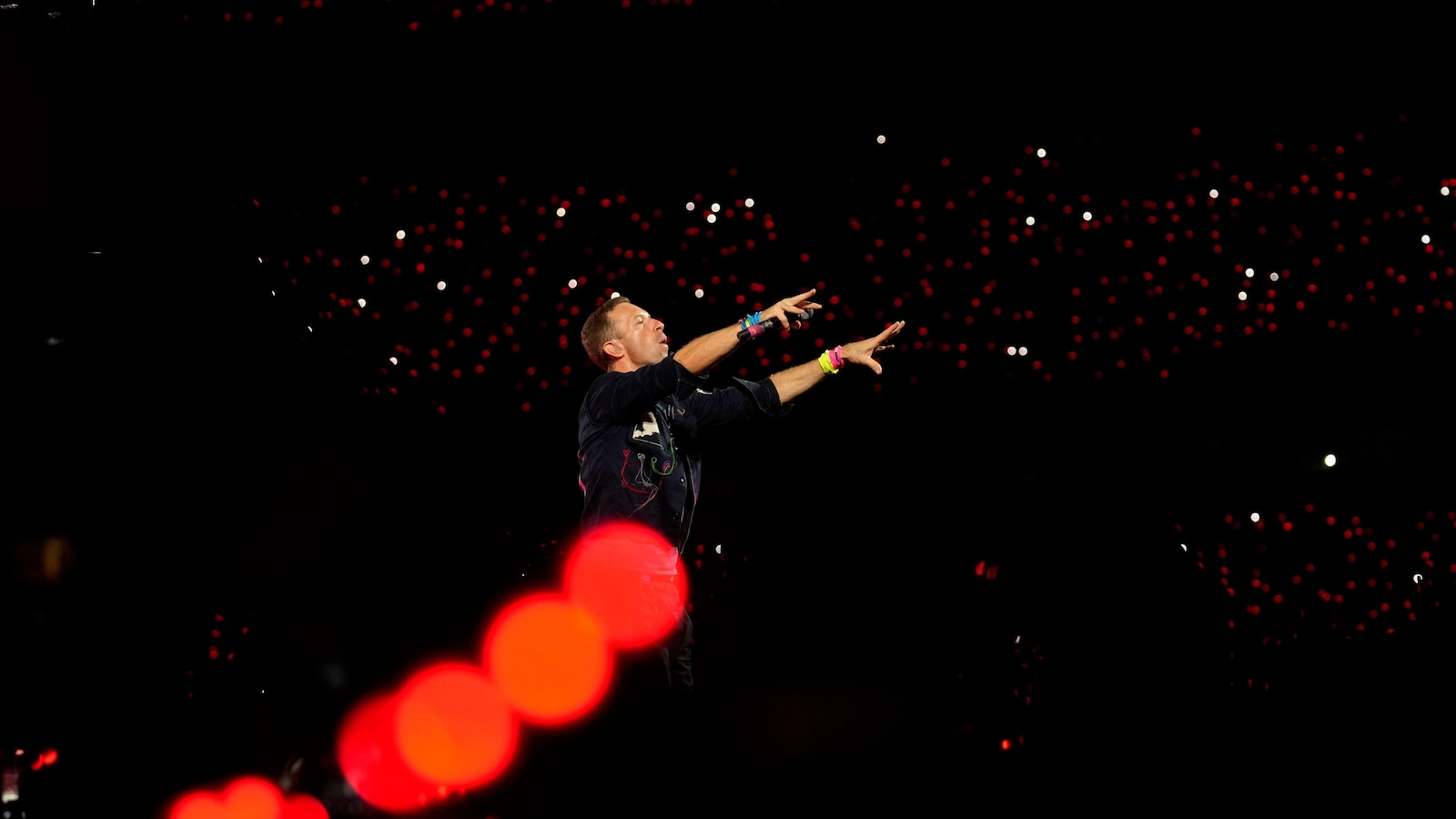Is the 'CEO Monk' of Shaolin Temple a Fraud? Shocking Investigation Uncovered!

In a jaw-dropping turn of events, the renowned abbot of the Shaolin Temple, Shi Yongxin, is under investigation for shocking allegations that could tarnish the legacy of this iconic monastic institution. Accusations of embezzlement and improper relationships with women have surfaced, reigniting a scandal that has plagued the monk known as the 'CEO monk' for years.
Shi Yongxin, who has been a prominent figure at the Shaolin Temple since 1999, is being scrutinized for potentially criminal activities, including misappropriating project funds and temple assets. The Shaolin Temple, a symbol of Zen Buddhism and martial arts for over 1,500 years, has been shaken by these serious allegations, which suggest that the abbot may have strayed far from the vows of celibacy typically expected of monks in China.
The temple's authority disclosed that Shi is suspected of maintaining 'improper relationships' with multiple women and has fathered at least one child, violating the very principles of his faith. This scandal raises eyebrows as traditional Buddhist monks are expected to uphold strict celibacy vows.
Multiple agencies are now investigating Shi, with the public promised further updates as the inquiry unfolds. The temple, nestled in the scenic mountains of central China, is not only a religious site but a cultural treasure, famed for its teachings in Zen Buddhism and the martial art of Shaolin kung fu.
Since his elevation to abbot, Shi has sought to modernize the Shaolin brand, turning it into a commercial venture. Known for his MBA degree, he has often been seen as a savvy entrepreneur, engaging with global leaders and promoting the temple through various lucrative outlets. His endeavors brought him into the international spotlight, where he even met figures like Pope Francis and the late Nelson Mandela.
However, this entrepreneurial spirit has not come without criticism. In 2006, he faced backlash after accepting a luxury car worth about $140,000 from the local government, justifying that 'monks are also citizens' deserving of rewards for public service. Many followers felt that commercialization was corrupting the spiritual sanctity of the monastery.
Shi's efforts to expand the Shaolin brand included organizing kung fu performances globally and licensing the temple's name for various media, prompting some to accuse him of prioritizing profit over spirituality. Despite this, he maintained that cultural promotion was a noble pursuit, even making a $3 million donation to establish a Shaolin branch in Australia.
In a bizarre twist, back in 2018, allegations surfaced on social media portraying Shi as a womanizer and embezzler supported by documents claiming he was expelled from the temple due to theft and misconduct. Allegations included a birth certificate of an illegitimate child and incriminating evidence that suggested a long history of misconduct.
Despite previous investigations leading to no charges due to lack of evidence, the recent developments have reignited scrutiny. On Monday, the Buddhist Association of China publicly denounced Shi's actions, stripping him of his ordination certificate and firmly stating that his behavior severely damages the reputation of the Buddhist community.
As this story unfolds, it begs the question: can a revered institution survive the scandal of its leader? Only time will tell how the Shaolin Temple will navigate these turbulent waters, and what the future holds for the monk who once symbolized a bridge between tradition and modernity.

















